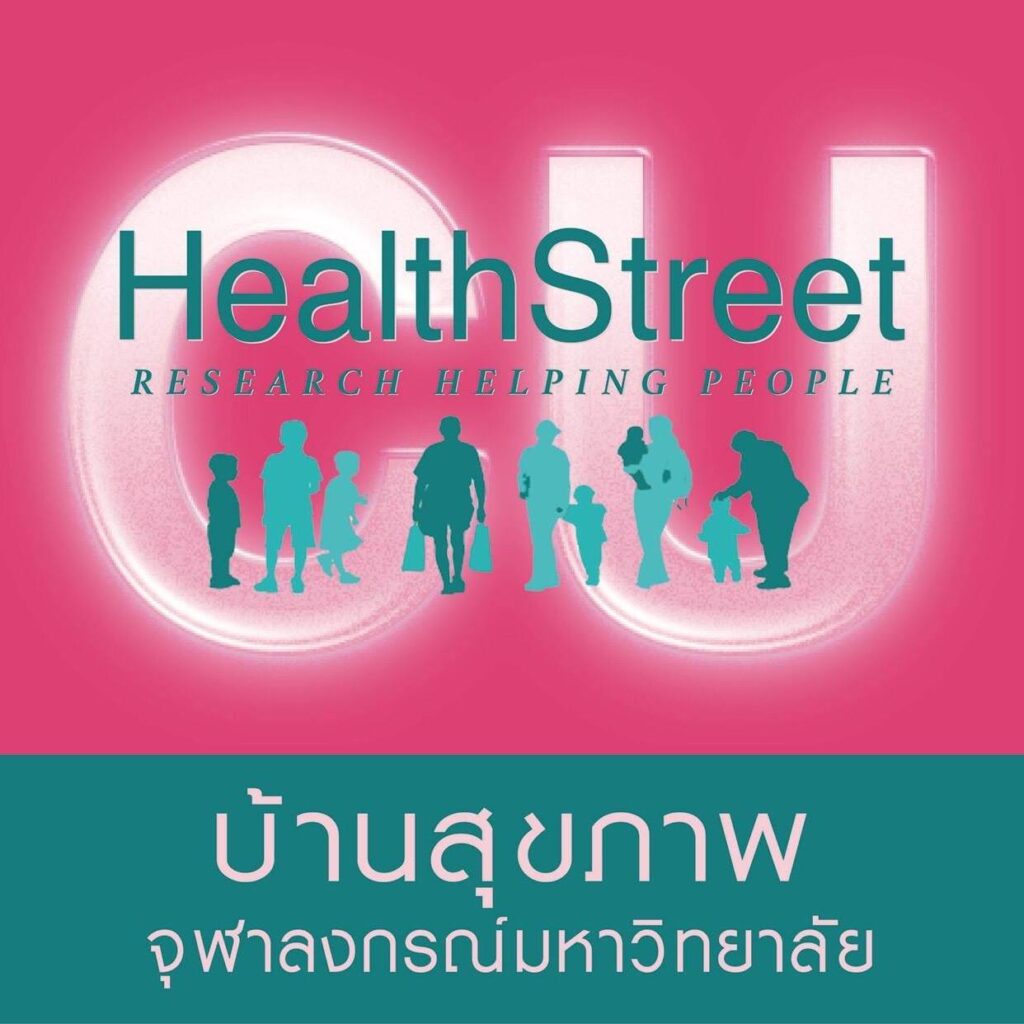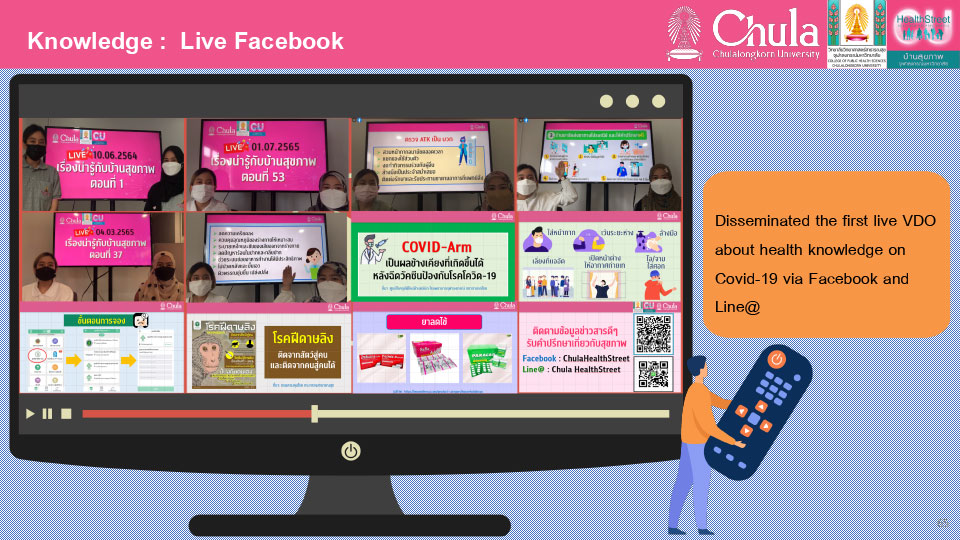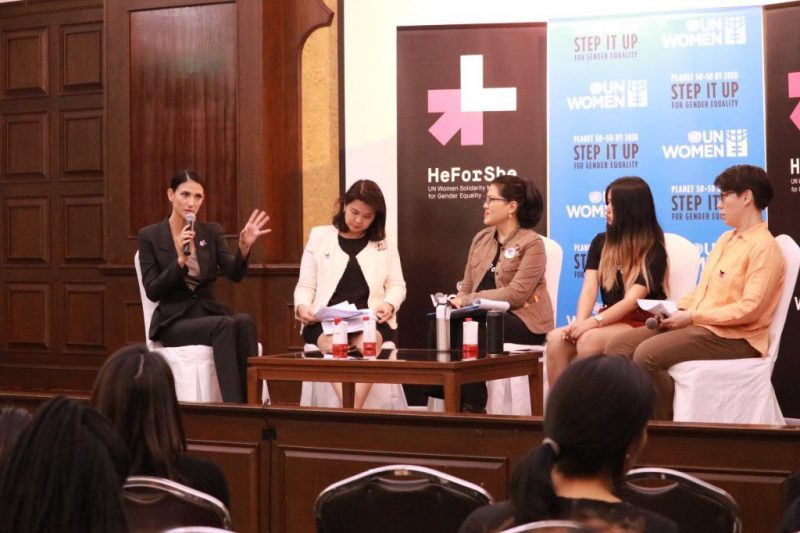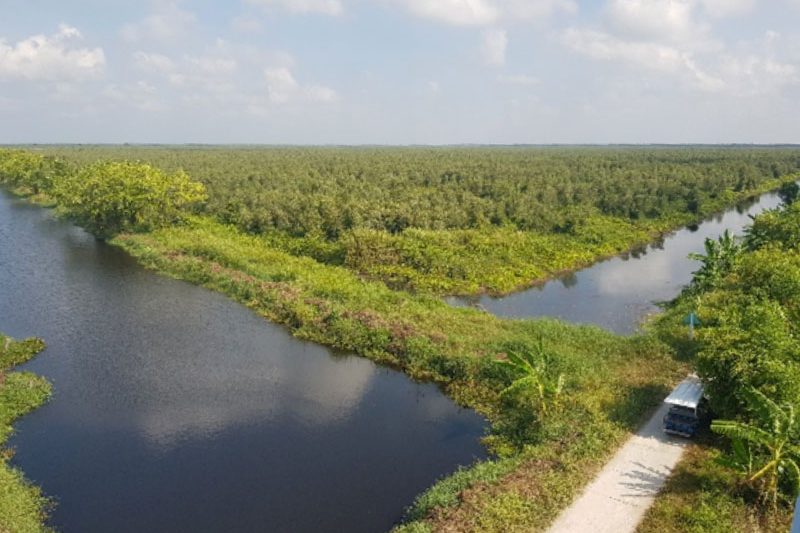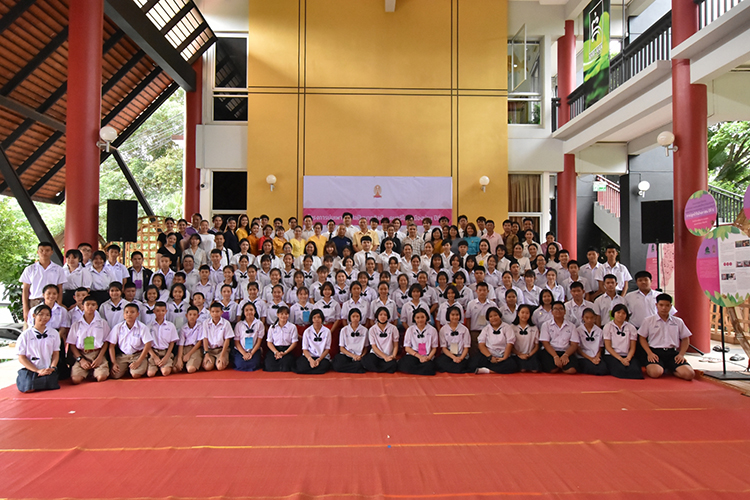Chula HealthStreet Innovation for Urban Community Engagement and Health Promotion Research Innovation covered all age in Thailand
“Chula-HI is the first innovation to engage urban communities across all age groups in Thailand. Established in 2018 through collaboration between the University of Florida, U.S.A., and Chulalongkorn University, Thailand, Chula-HI aims to reduce healthcare disparities, create social impact through health innovation, foster learning ecosystems, and build capacity. It provides health awareness, early diagnostics, and services for the prevention and management of cancer, STIs/HIV, diabetes, hypertension, and substance use, contributing to UN SDGs 3, 10, 11, and 17. Since its inception, Chula-HI has delivered over 2 million health services to more than 7,000 individuals, with Her Royal Highness Princess Maha Chakri Sirindhorn as its first honorary member. Utilizing platforms like Facebook and Line@, it offers health education, consultations, and referrals. The model ensures sustainability through self-monitoring tools and community leader training, and promotes scalability through international collaborations. Chula-HI fosters community involvement, with evidence-based improvements in health outcomes and capacity building.”
https://www.youtube.com/watch?v=xMeKFMhk2_c
The Chula HealthStreet Innovation (Chula-HI) is Thailand’s first model designed to engage urban communities across all age groups. Established in 2018 through a collaboration between the University of Florida, U.S.A., and Chulalongkorn University, Thailand, Chula-HI aligns with Chulalongkorn University’s mission, to create knowledge and innovations that promote sustainable development through partnerships and networks at both national and international levels.
Chula-HI’s mission is to reduce disparities in healthcare and research, create social impact through health innovation, foster learning ecosystems, and build capacity. It also aims to conduct high-quality research to further these goals. The initiative adapts to Thailand’s local cultural and socio-economic context, using platforms like Facebook and Line@ to provide health education, consultation, and referrals by healthcare professionals, including doctors, nurses, and psychologists. During the COVID-19 pandemic, Line@ was a key tool for addressing health issues for individuals, families, and communities.
Sustainability of Chula-HI is achieved through two strategies: firstly, raising individual health awareness and enabling self-monitoring using a quick, automatic health check-up machine provided by NECTEC, delivering results in one minute with follow-up expert consultation. Secondly, community leaders are trained as key informants to provide healthcare issues in their local areas.
Chula-HI’s scalability is to expand to other communities within and beyond Bangkok, adapting to each community’s unique needs. International collaborations with countries like the U.S.A. and Japan further enhance its potential for growth.
Community involvement is central to Chula-HI’s approach. The initiative actively engages local communities to ensure their participation in health decision-making and behavioral changes, fostering a participatory health ecosystem.
Chula-HI’s evidence-based results are shown through a pre-post intervention model, demonstrating clear improvements in health outcomes and the success of each intervention.
Outputs:
- Health Education Programs: Chula-HI delivers tailored health education programs integrated into the Public Health curriculum for Master’s and Ph.D. degrees under the Health Behavior branch. Students create interventions and measure outcomes for targeted populations, including children, adolescents, and the elderly.
- Behavior Change Campaigns: Campaigns focus on reducing risk factors such as unhealthy diets and physical inactivity.
- Health Support Networks: Community networks offer ongoing support for maintaining healthy lifestyles, in collaboration with local health centers.
- Training of Local Health Workers: Chula-HI provides training for local health promoters to sustain health promotion efforts within the community.
Outcomes:
- Improved Health Knowledge: Chula-HI has increased awareness of health risks and preventive behaviors among community members.
- Behavioral Change: Positive changes have been observed in health behaviors including increased physical activity, improved nutrition, and reduced stress.
- Enhanced Community Engagement: Greater community involvement in health promotion activities and decision-making processes has been achieved.
- Capacity Building: Community leaders have been trained, empowering them to lead health promotion initiatives.
Impact: Chula-HI has contributed to a short-term reduction in preventable diseases, such as obesity, by promoting healthier lifestyles.
Social Impact: Chula-HI empowers communities by providing tools like health manuals and regular health information, enabling individuals to take control of their health and make informed decisions.
By College of Public Health Sciences, Chulalongkorn University
Others
Keeping Nan’s musical traditions alive
Nan Youth Incubation Project for Dance and Music inspires young artists

